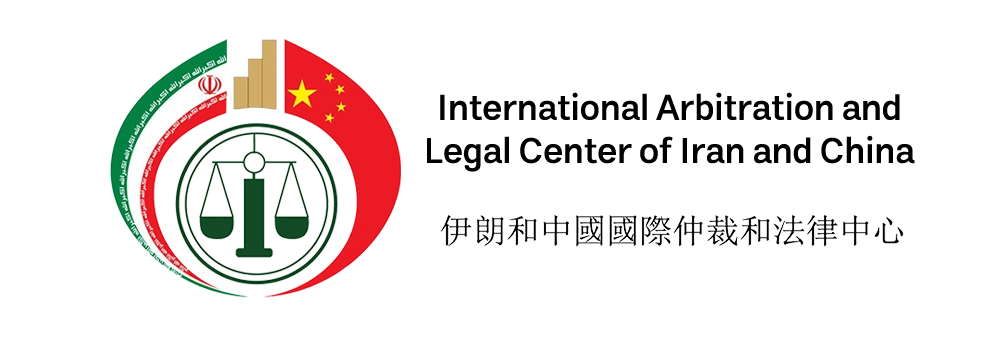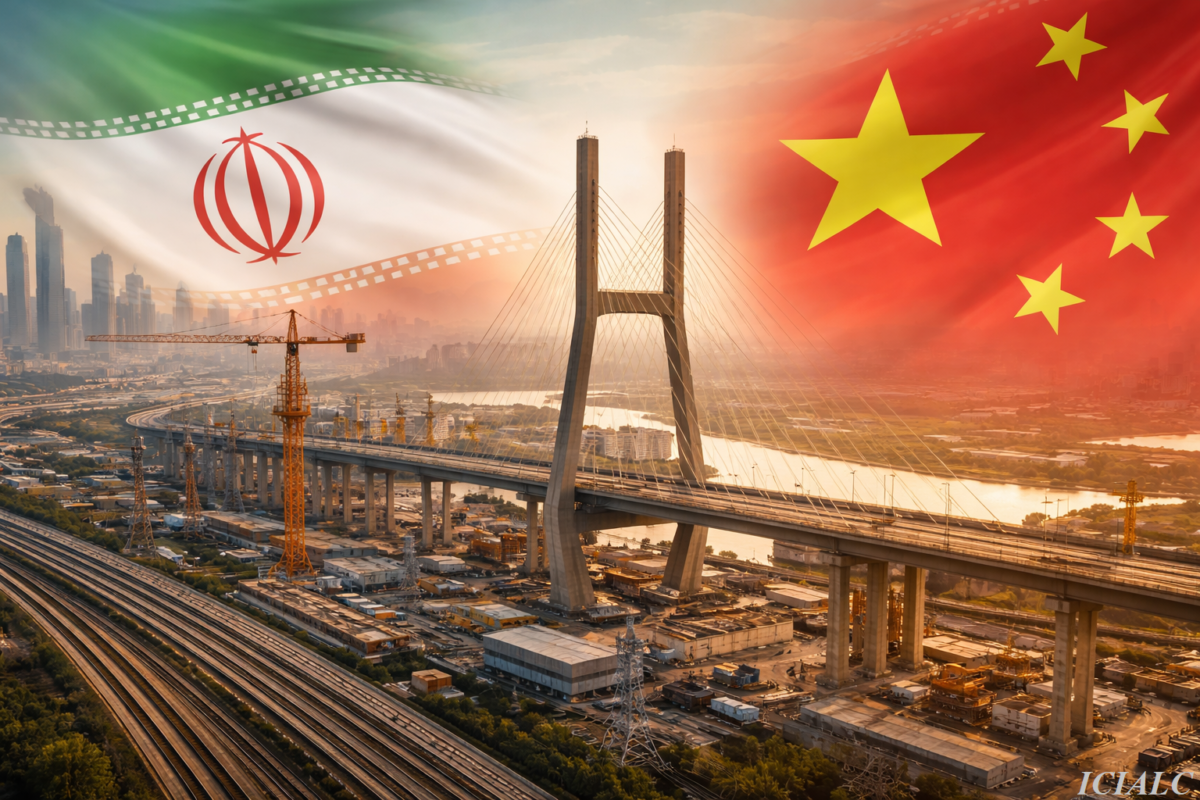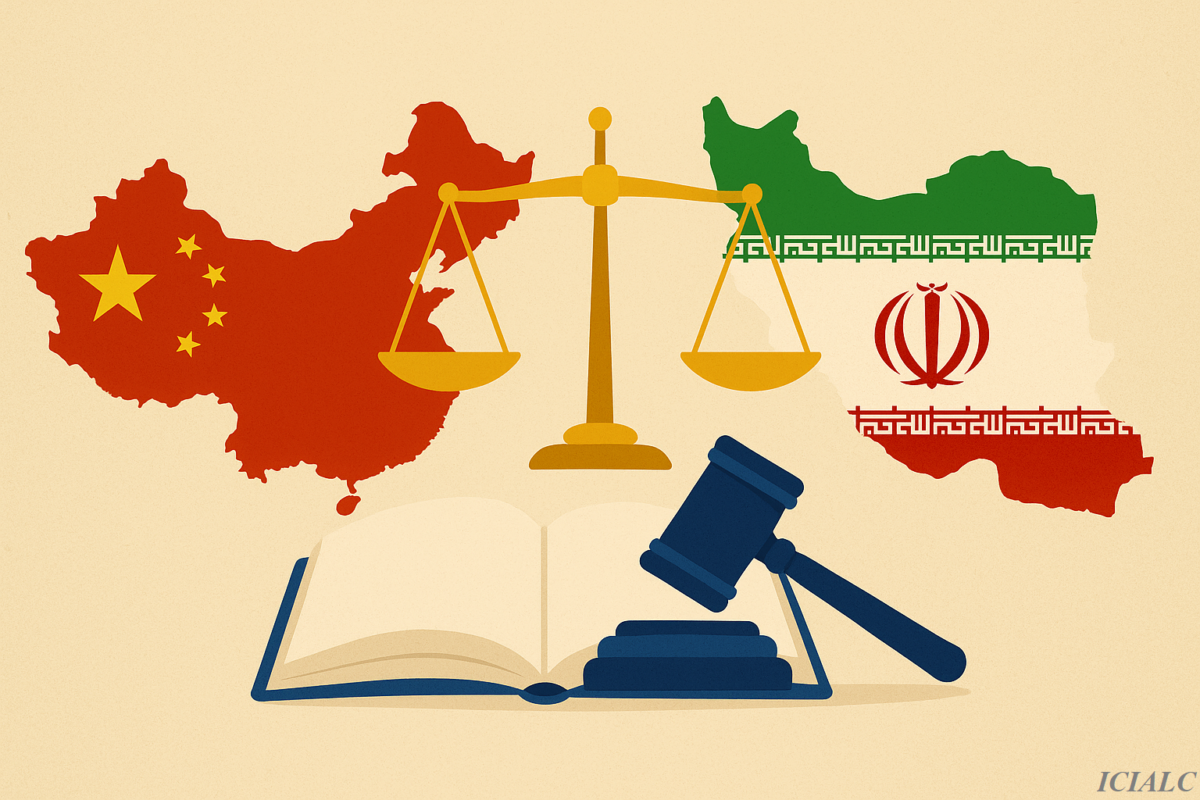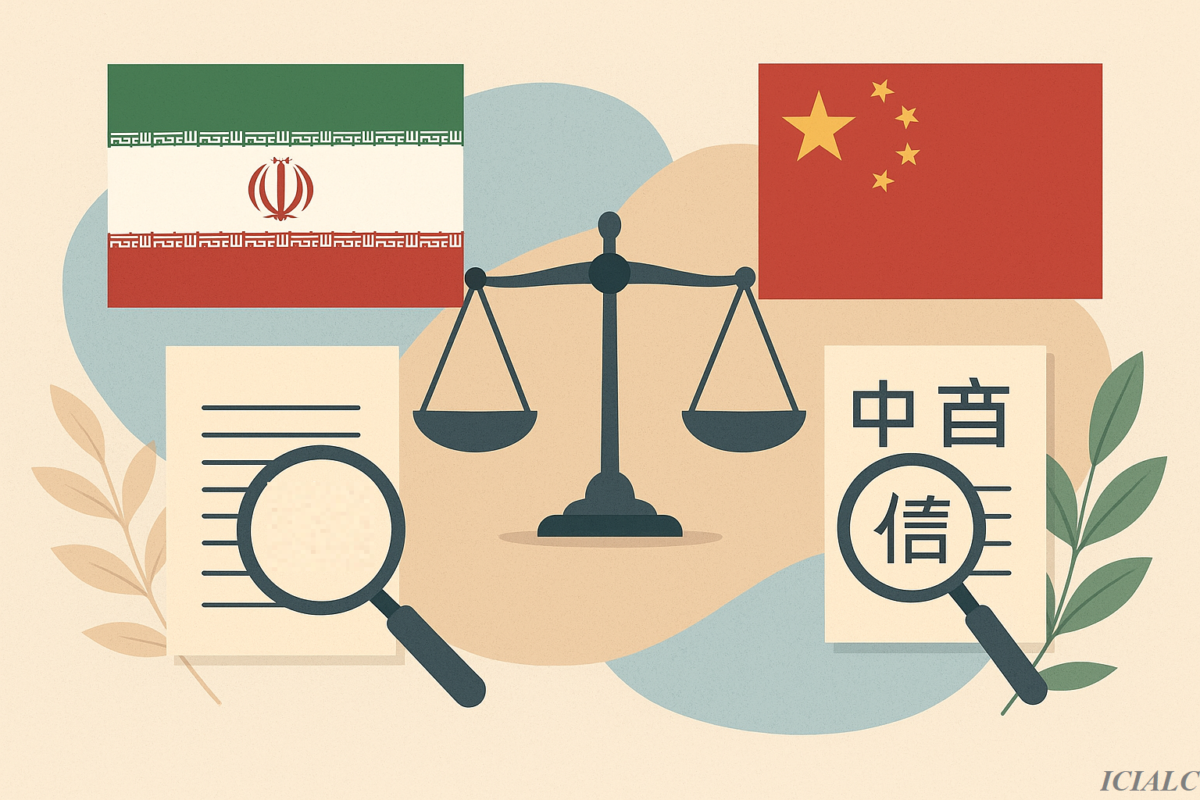In recent years, as commercial relations between Iran and China have grown, the registration of Iranian companies in China has become a key issue for Iranian traders and investors. China’s vast and diverse market offers countless opportunities for business expansion, which is why many Iranians are seeking to take advantage of these possibilities. However, the imposition of international economic and banking sanctions on Iran has made the path of Iranian economic activity in China more complex and challenging. These sanctions have created restrictions in capital transfers, document registration, banking interactions, and even intellectual property rights, leaving many economic actors confused and exposed to risks.
This article aims to closely examine the legal, economic, and operational barriers to registering an Iranian company in China under sanctions and to offer practical and legal solutions to address these challenges. We will explore the types of sanctions, common problems, effective solutions, and the role of legal and arbitration institutions.
Sanctions Affecting Iranian Business Activity in China
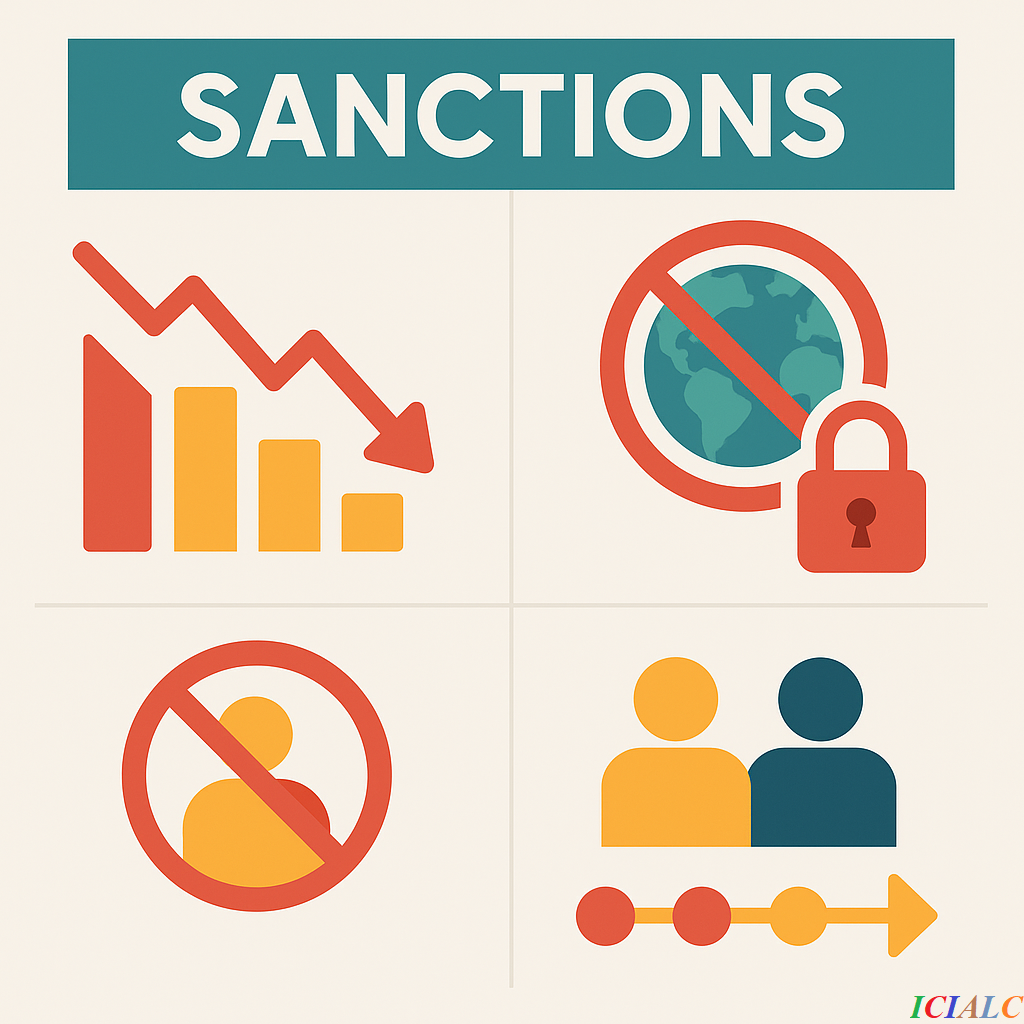
Overview of Economic Sanctions
Sanctions are political and economic tools used by countries and international organizations to limit the economic and political activities of a target country. Sanctions against Iran intensified in the 2000s and include multilateral and unilateral sanctions imposed by the United States, the European Union, and some other countries. These sanctions generally include:
Prohibition of financial and banking cooperation with Iranian individuals and institutions
Restrictions on the export and import of goods and technology
Prohibition of international insurance and transport services
Limited access to capital markets and global stock exchanges
Financial and Banking Sanctions
One of the most serious obstacles to registering an Iranian company in China is financial and banking sanctions. Due to international regulations and fear of heavy penalties from the U.S. and other countries, Chinese banks usually avoid working with Iranian companies or individuals. This results in severe restrictions on opening bank accounts, conducting financial transactions, and transferring capital to China. Additionally, complex and time-consuming procedures for identity verification and financial risk assessments increase both costs and time for Iranian traders.
Sanctions Lists for Individuals and Companies
Another aspect of sanctions involves listing Iranian individuals and companies on sanctions (black) lists. These lists include those sanctioned for reasons such as links to military institutions, nuclear activities, or financing terrorism. These individuals are prohibited from registering companies or engaging in direct business in other countries, including China.
FATF Regulations

The Financial Action Task Force (FATF) is an international body that enforces strict regulations to combat money laundering and terrorist financing. Due to some non-compliances, Iran is on the FATF high-risk country list. This causes heightened scrutiny from Chinese banks and companies toward financial transactions involving Iranians—another major barrier to company registration.
Main Challenges in Registering Iranian Companies in China
Capital Transfer and Bank Account Opening
A major issue is transferring the initial capital required for company registration. In many Chinese provinces and cities, opening a bank account for Iranian companies is difficult or even impossible due to sanction-related concerns. Chinese banks often enforce strict identity verification procedures, including detailed background checks, ownership validation, and sanction risk assessments. This leads many Iranian companies and investors to seek alternative solutions, such as using intermediaries or third-party individuals.
Legal Issues with Accepting Iranian Official Documents
Another significant issue is that some official Iranian documents are not recognized by Chinese company registration offices. Due to differences in legal standards or political and security concerns, certain provinces may reject documents like company registration certificates, identity documents, or financial and banking records. This can delay or even cause outright rejection of the company registration process.
Intellectual Property and Branding Challenges
Registering intellectual property such as trademarks, logos, and patents also poses challenges. Due to sanctions, Chinese entities may refuse to register IP in the name of Iranians or may register it under non-Iranian partners. This can lead to legal disputes and even misuse of Iranian brands in the future.
Administrative and Political Sensitivities
Some Chinese company registration offices show unofficial bias against Iranian nationality, delaying or rejecting company registration applications without legal justification. This creates confusion and discouragement for applicants and makes the registration process risky and lengthy.
Legal and Commercial Strategies to Overcome Sanctions
Using Third Parties or Intermediary Companies
One common method to bypass sanctions is to use third parties or intermediaries. In this method, ownership or management of the company is assigned to a non-Iranian person or entity not under sanctions. This allows for company registration and financial operations in China. However, this requires careful legal agreements to ensure Iranian interests are protected.
Registering in Third Countries
Many Iranian traders first register their companies in intermediary countries such as the UAE, Turkey, Hong Kong, or Qatar, then use these companies to enter the Chinese market. These countries have simpler regulations, clearer legal frameworks, and are less affected by sanctions, making banking and financial transactions easier.
Joint Ventures with Chinese Partners
A highly effective legal and commercial strategy is to form joint ventures with reputable Chinese partners. In this model, the Chinese partner holds the majority stake, and Iranians participate indirectly in management and profits. This reduces legal risks and improves access to the Chinese domestic market and financial services.
Working with Legal Consultants and Specialists
Collaborating with Chinese lawyers and legal consultants familiar with both Chinese law and Iran’s sanction conditions is crucial for successful company registration. These professionals can draft contracts that account for sanctions, follow up on administrative processes, and assist with legal disputes.
Role of Legal and Arbitration Institutions in Facilitating Company Registration
Specialized Legal and Arbitration Institutions
Organizations like the Iran-China International Legal and Arbitration Center play a key role in facilitating company registration and business operations by offering specialized legal and mediation services. Their familiarity with the laws and procedures of both countries enables them to effectively resolve legal issues, contractual disputes, and administrative barriers.
Legal Advisory and Process Support
Legal and arbitration bodies provide expert advice on company registration regulations, sanctions, international contracts, and financial compliance. They also help follow up with registration documents and administrative negotiations to minimize delays and resolve potential problems.
Drafting Partnership Agreements and Arbitration Clauses
These institutions can draft partnership agreements and cooperation contracts in compliance with sanctions and international law. Including international arbitration clauses helps resolve disputes outside court quickly and at lower costs, reducing legal risks.
Key Considerations When Registering an Iranian Company in China
Thorough research on local legal conditions: Each Chinese province has specific procedures that must be understood.
Complete and officially translated documentation: All paperwork must meet Chinese standards and be professionally translated.
Compliance with banking and financial regulations: Use authorized methods to transfer capital and work only with authorized banks.
Ongoing consultation with local lawyers: Legal and administrative rules change frequently, so staying up to date is essential.
Conclusion
Registering an Iranian company in China under international sanctions poses several challenges for Iranian traders and investors, including capital transfer difficulties, legal and administrative hurdles, and intellectual property restrictions. However, by using practical strategies such as working with intermediaries, partnering with Chinese firms, consulting specialized legal advisors, and engaging arbitration institutions, these challenges can be mitigated and the path toward successful company registration in China can be paved.
